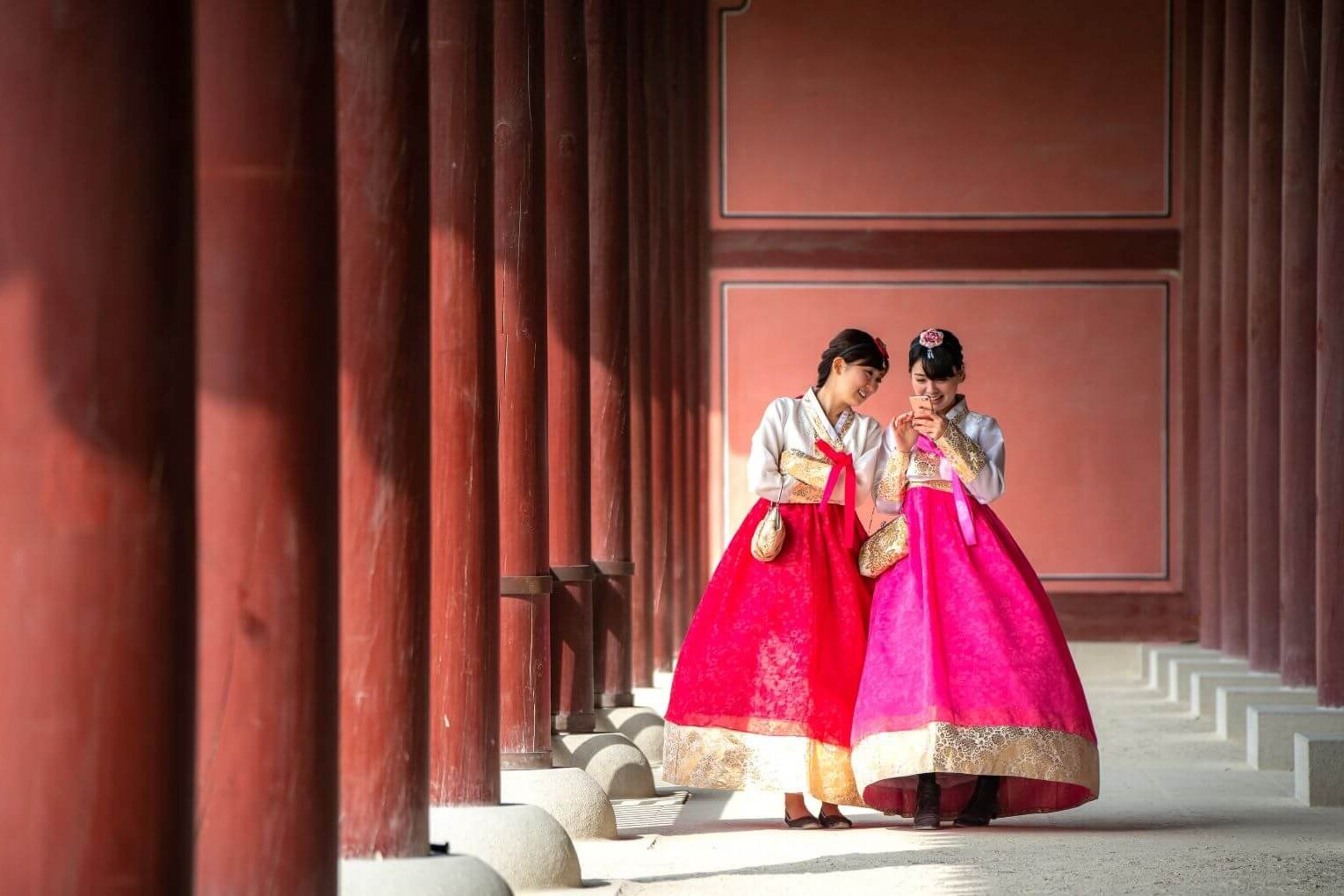Korean Greetings That Will Surprise You

Traveling to Korea soon? Knowing how to greet people can make a big difference. In Korea, greetings go beyond just saying "hello." They reflect respect, age, and social status. Korean greetings can be formal or informal, depending on who you are talking to. For example, saying "Annyeong" is casual and used among friends. On the other hand, "Annyeonghaseyo" is more formal and polite. There are also specific greetings for different times of the day. Learning these phrases will not only help you fit in but also show respect for Korean culture. Ready to impress with your new skills?
Bowing: A Gesture of Respect
In Korea, bowing is more than just a greeting. It's a sign of respect and politeness. The depth of the bow can indicate the level of respect or formality.
Seoul: In the bustling capital, you'll see people bowing everywhere—from business meetings to casual encounters. It's a way to show respect in a fast-paced city.
Busan: Down south, in Busan, bowing is equally important. Locals bow to elders, teachers, and even strangers as a sign of goodwill.
Incheon: Near the airport, Incheon residents bow to welcome visitors, making it a warm first impression for travelers.
Handshakes: A Blend of East and West
While bowing is traditional, handshakes have become common, especially in business settings. Combining a bow with a handshake shows a blend of respect and modernity.
Daegu: In Daegu, business professionals often combine a slight bow with a firm handshake, merging old customs with new practices.
Daejeon: Here, you'll find a mix of handshakes and bows, especially in academic circles. It's a city known for its universities and research centers.
Gwangju: In Gwangju, a handshake often follows a bow, particularly in formal settings like government offices or corporate meetings.
Annyeonghaseyo: The All-Purpose Greeting
"Annyeonghaseyo" is the most common way to say hello in Korea. It's polite and can be used in almost any situation.
Jeonju: In Jeonju, known for its traditional hanok villages, "Annyeonghaseyo" is a warm greeting you'll hear often, reflecting the city's rich cultural heritage.
Suwon: In Suwon, home to the historic Hwaseong Fortress, "Annyeonghaseyo" is a friendly way to greet both locals and tourists.
Ulsan: In this industrial city, "Annyeonghaseyo" is used in both professional and casual settings, making it a versatile greeting.
Informal Greetings: For Friends and Family
Among friends and family, Koreans use more casual greetings like "Annyeong" or "Yoboseyo" when answering the phone.
Gyeongju: In the ancient city of Gyeongju, informal greetings are common among locals who have known each other for generations.
Chuncheon: In Chuncheon, famous for its lakes and mountains, informal greetings add to the relaxed, friendly atmosphere.
Pyeongchang: Known for its winter sports, Pyeongchang residents often use informal greetings, especially among the younger crowd.
Respectful Titles: Adding a Touch of Formality
Using titles like "Ssi" (Mr./Ms.) or "Nim" (a more respectful suffix) after a person's name shows respect and politeness.
Andong: In Andong, a city known for its Confucian traditions, respectful titles are used frequently, especially in formal settings.
Jeju: On Jeju Island, locals use titles to show respect to elders and visitors, reflecting the island's unique culture.
Pohang: In this coastal city, respectful titles are common in both business and social interactions, emphasizing the importance of politeness.
Embracing Korean Greetings
Learning Korean greetings opens doors to understanding a rich culture. Simple phrases like "Annyeong" for hello or goodbye, and "Annyeonghaseyo" for a more formal hello, can make a big difference. Using "Gamsahamnida" to say thank you shows respect and appreciation.
These greetings aren't just words; they reflect the values of respect and politeness deeply rooted in Korean society. Whether you're planning a trip to South Korea or just want to connect with Korean friends, knowing these phrases will help you communicate better and show your respect for their culture.
Practice these greetings often. The more you use them, the more natural they will feel. So, next time you meet someone from Korea, surprise them with a friendly "Annyeonghaseyo" and see the smile it brings.

